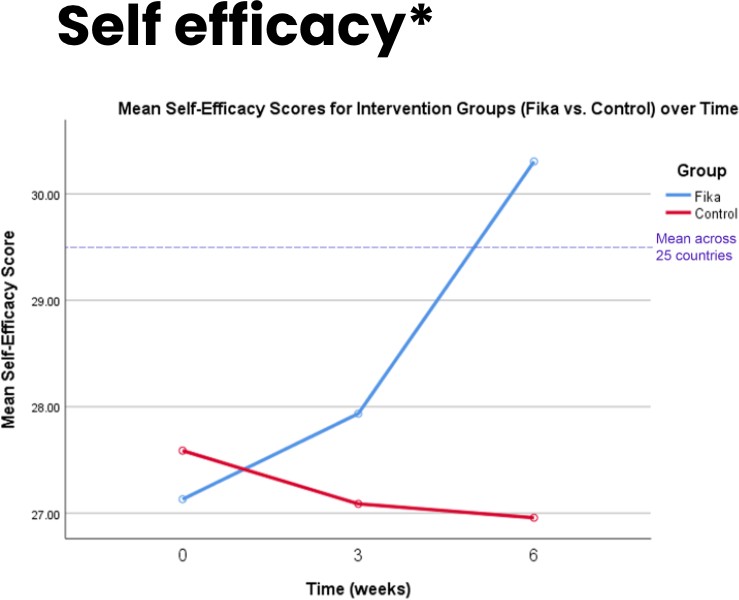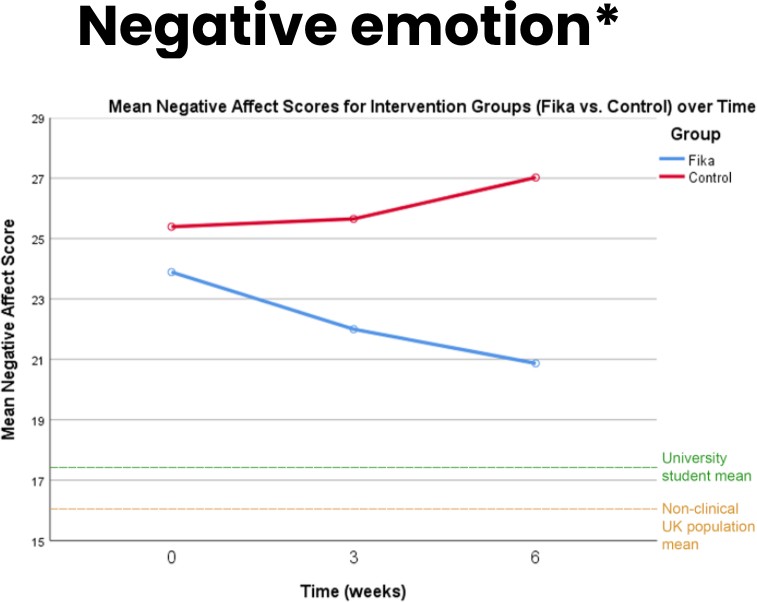Rebuilding Post-16 Education around Mental Fitness

Mental Fitness after lockdown
As the dust settles and we assess life after lockdown, we will need to equip today’s learners with the skills they need to rebuild the economy, culture and society. Further education and post-16 education will play a vital role in this rebuilding – ‘ensuring more people can gain the skills they need to get ahead’ as the Skills Minister notes.
We believe that building Mental Fitness and mental health literacy are crucial to supporting learners through challenging transitions, equipping them with the emotional resources they need to flourish in their studies and in the future. It is a ‘skills’ gap that we believe is as stark as the 9 million working-age adults presenting with low literacy or numeracy skills and the same number lacking basic digital skills (Plan for an Adult Skills and Lifelong Learning Revolution, Education Committee). It presents as much risk, if not more, to our individual and collective futures, and should be as central to any plans for education reform.
Mental Health Skills
Mental health education and mental health literacy are skills that often make or break careers as well as enabling academic success – yet training and supporting learners in confidence, positivity, focus, motivation, connection and the ability to manage stress are not a normal or systematic part of education. Our work with education partners over the past three years, including a randomised control trial, demonstrates that mental fitness exercises deliver statistically significant uplifts in student self-efficacy, positive emotion and life satisfaction during the challenging six-week transition into university. Our approach was effective in reducing students’ negative emotion, preventing the mental health decline which often occurs during transitions (see control group in graphs).
 |
 |
Sustainable Mental Fitness
Critically we would argue that mental fitness approaches like Fika’s present a new, far more sustainable solution to the nation’s mental health needs. As we have with the physical health spectrum, the reactive and crisis services need to be in place first: we must build hospitals before we build the gyms. Now that we have the crisis services in place at the bottom of the hill, isn’t it time we looked uphill at prevention, and built the gyms to help our young people be future-fit?
The question we should ask is how can we scale mental health education, giving people the autonomy to build their own mental fitness and in doing so transform society and the economy? Training more nurses and recruiting more counsellors for campuses is not sustainable.
Technology and data science offer us the ability to create impact at scale, fast. When empowered with technology, the education system has not just the ability, but we believe the responsibility to collaborate more, to embrace rapid adoption, and to scale mental fitness skills development, setting ourselves the target of three years rather than 30 years for nationwide reach.
We will be conducting nationwide research to assess UK learners’ average mental fitness literacy levels, and the implications for their (and our) collective futures. We will continue to roll out our 7 Skills of Mental Fitness Curriculum across the FE sector. And we will be calling for Mental Fitness skills development to be incorporated into government’s plans for the future of education and lifelong learning.
Recommendations
Our vision for the next three years is for Mental Fitness to be embedded into education for all, with tech as an enabler.
Recommendation 1
The government should embed mental fitness into education. Ministers and policy should reframe solutions for mental health, from an area that involves reactive, health-based solutions, to a basic and universal educational requirement – embedding mental fitness into our education system.
Recommendation 2
The Department for Education should make mental health literacy and mental fitness skills universal across post-16 education.
Recommendation 3
The Department for Education and the education stakeholders should work together to embrace technology at rapid scale to embed mental health fitness across post-16 education.
Nick Bennett, Fika
Understanding and Overcoming a Mental Health Crisis in 2021 |
|
This article is from the new publication ‘Understanding and Overcoming a Mental Health Crisis in 2021: issues for post-16 education, employment, the world of work and retirement’. Some of the issues and concerns for mental health discussed existed prior to the pandemic, but Covid-19 has caused additional pressures on young people and adults. The authors make specific recommendations to support apprentices and students at colleges, university and in adult learning, as well as people in and out of work. The important role of education, lifelong learning and good work in promoting mental wellbeing and reducing mental health problems is also addressed. Published by the Campaign for Learning, it brings together sixteen specialists from mental health and post-16 education and employment to set out what needs to be done to prevent or limit a mental health crisis in 2021. |
|











Responses